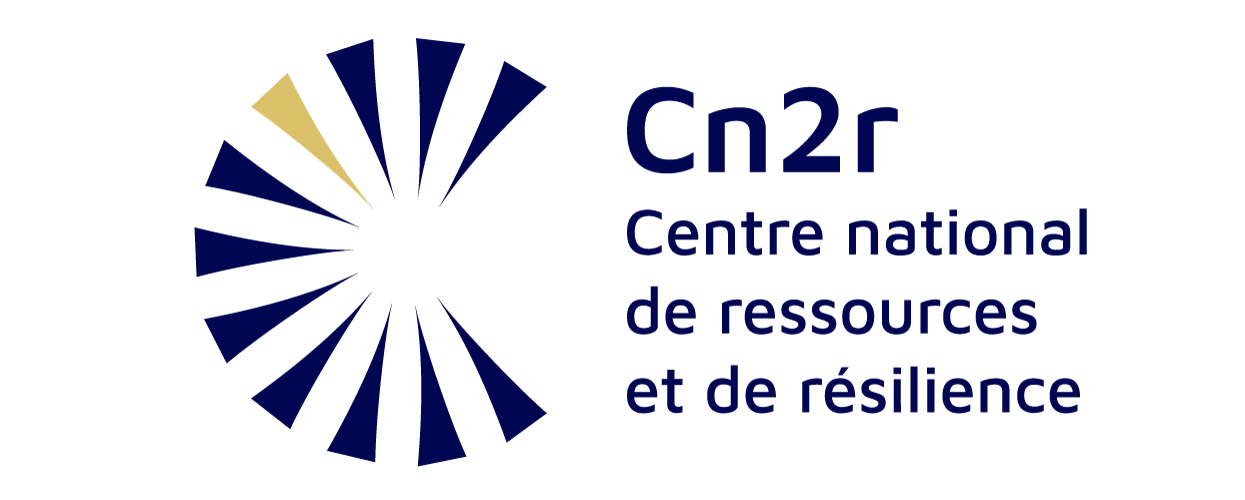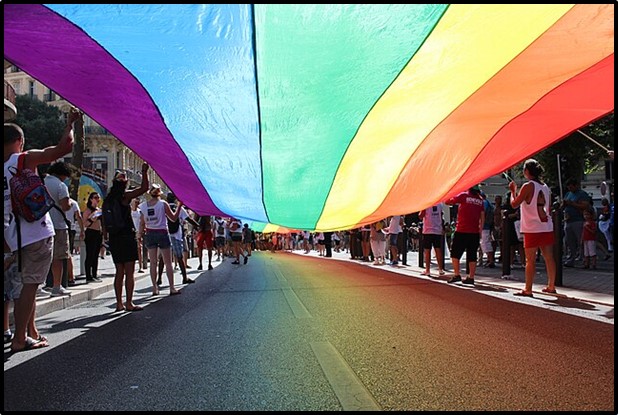Members of the LGBTQI+ community are at greater risk of developing post-traumatic stress disorder (PTSD) due to the homophobic, transphobic or biphobic violence they suffer. While the association SOS homophobie highlights a "worrying rise" in homophobic physical assaults in its latest report (+28% in one year), several associations are offering psychological support to victims of such assaults.
Insults, spitting, blows... Homophobic, transphobic and biphobic attacks are on the rise , according to the latest report from SOS Homophobie, published on May 5. "I always look behind me when I walk down the street. And I'm on anxiolytics, to calm my anxiety attacks," Lyes Alouane testified to France Info in 2018. The young man, the victim of numerous homophobic insults and assaults, developed post-traumatic stress disorder. "Since I assumed my homosexuality, which is a year and a half ago, it's been a nightmare," continues Lyes Alouane, who is supported by the Stop Homophobie association.
- A few figures The risk of developing PTSD is two to three times higher in LGBTQI+ people. A study published in 2012 showed that the prevalence of PTSD was 18.6% for lesbian women, and even 26.6% for bisexual women, compared with 6.6% for heterosexual women. The risk of developing PTSD was estimated at 13.6% for homosexual men, versus 4% for heterosexual men.
The traumatic events of physical and/or sexual assault are usually associated with forms of stigmatization and micro-aggressions that increase the risk of developing post-traumatic stress disorder and make it difficult to diagnose. "Some forms of LGBTIphobia have a considerable long-term impact on the mental health of victims," says the SOS Homophobie report. "Indeed, they continue, years later, to affect victims, who experience fear (to the point of developing avoidance strategies), shame, anxiety, paranoia and stress. They accumulate insomnia, nightmares, and somatize their malaise with physical pain."
However, it's not always easy to identify the symptoms, especially for queer people. "We're dealing with under-diagnosedPTSD," confirms Maxence Ouafik, general practitioner and doctoral student on the health of sexual and gender minorities. "Often, there is no specific, identified traumatic event, or else overexposure to traumatic events."
Minority stress
Across the Atlantic, researchers have studied the concept of "minority stress", a form of stress that is relatively unknown in France, and which could constitute an additional risk factor for PTSD. "It's not much studied in France, but the principle is that lesbian, gay and trans people experience additional stress", continues Maxence Ouafik.
"On the one hand, we have "distal" stress factors, i.e. objective ones, such as aggression, violence and rejection, and on the other, "proximal" factors that are more subjective, such as anticipating a negative event, concealing one's identity for fear of violence, or internalized homophobia."
Among other risk factors for PTSD, overexposure to traumatic events is also important. LGBT people, and bisexuals in particular, are more likely to be victims of sexual and domestic violence. "We'll also have situations of reverse causality, where we'll wonder if she's trans because she was raped as a child, when it's quite the opposite. That kind of comment is counterproductive and harmful," says Maxence Ouafik.
PTSD is not inevitable
Long stigmatized by the medical profession, while homosexuality or transidentity were considered illnesses until recently, LGBTQI+ people are still very poorly cared for, particularly in the field of mental health. Lack of training, stigmatization of LGBT people, and trans people in particular... "Trained healthcare professionals remain the exception", laments Maxence Ouafik.
However, a growing number of associations and healthcare professionals are stepping in to support them in their care. The psy-gay-e-s network puts people in touch with professionals (psychologists, psychiatrists, etc.) based on respect for sexual orientation. Regional psychotrauma centers (CRP) can also welcome or refer LGBTQI+ people suffering from post-traumatic stress disorder.
"In all cases, we recommend going through associations that have a network of trained professionals," concludes Maxence Ouafik. "Especially as community access, the possibility of being able to talk with people who understand us, is a proven resilience factor."
To find out more :
- Our dossier on domestic violence, our page on psychotrauma and regional psychotrauma centers
- SOS Homophobie's 2023 report
- The Le Refuge association, and its telephone hotline dedicated to young LGBT people: 06 31 59 69 50
- The psy-gay-e-s association



